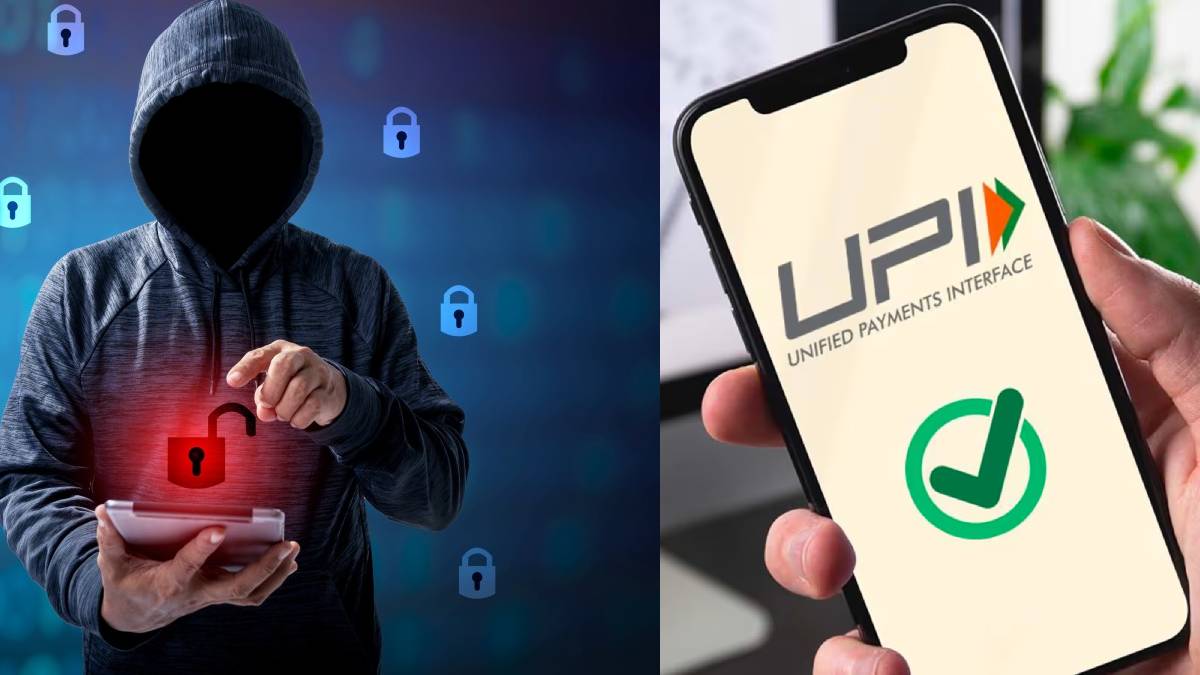 |
|
In a rapidly digitalizing India, the rise of internet users has unfortunately created a fertile ground for cybercrime. One of the more troubling trends is the 'Digital Arrest Scam', a sophisticated scheme where criminals impersonate law enforcement officials to prey on unsuspecting victims' fear of legal consequences. These scammers use intimidation tactics, often claiming their targets are under arrest or investigation for involvement in illegal activities, to extort money. The perpetrators employ a range of strategies to further enhance their credibility, often fabricating fake arrest warrants or utilizing deepfake technology to generate seemingly authentic videos of law enforcement personnel.
The scam typically starts with a phone or video call, where the scammer alleges the victim received a package containing illegal goods like drugs or fake passports. In other cases, they might claim a relative has been involved in criminal activity. Victims are then informed that they must pay to clear their name. The scammers are adept at manipulating their victims, capitalizing on their lack of familiarity with the intricacies of law enforcement procedures. They exploit the inherent fear of legal repercussions, especially among individuals who may be unfamiliar with their rights or the workings of the justice system. The victims' vulnerability is further exacerbated by the scammers' ability to create a sense of urgency, often threatening immediate legal action if the demanded payment isn't made promptly.
To safeguard against falling victim to these scams, it is crucial to understand the warning signs. It is important to remember that legitimate law enforcement agencies never demand money over the phone or through video calls. If someone claiming to be a law enforcement officer contacts you and requests money, it is highly likely a scam. Never share personal information, such as bank details, with unknown callers. Scammers may use this information to further intimidate or extort money. Always report suspicious activity to the authorities through the cybercrime helpline (1930) or the National Cyber Crime Reporting Portal (cybercrime.gov.in). If being threatened or blackmailed, immediately contact local law enforcement and avoid staying on the video call. The longer you remain under the scammer's control, the greater the chance they will manipulate you into paying larger sums. Being aware of these scams and understanding the methods employed by criminals can empower individuals to protect themselves and their loved ones.
